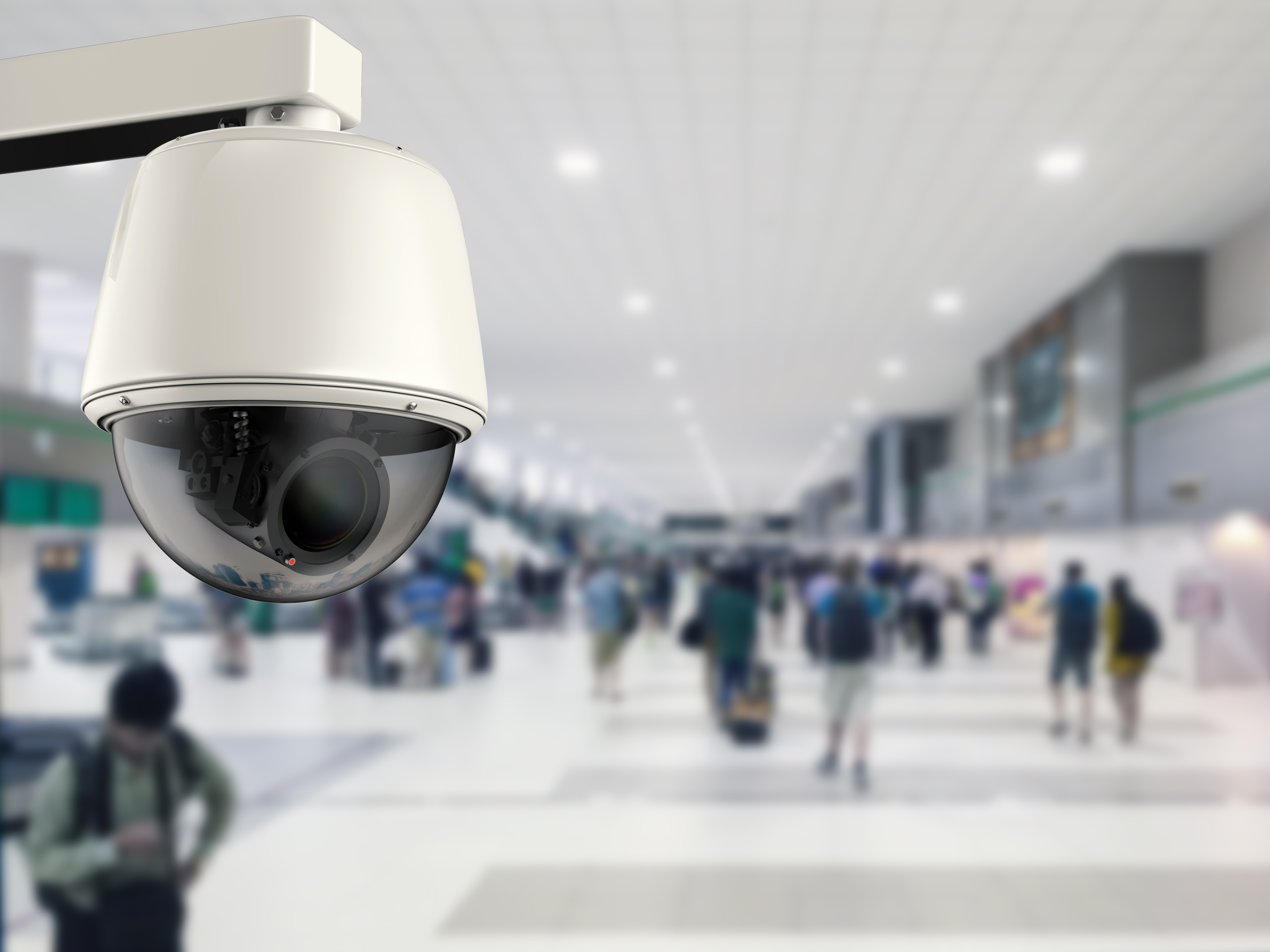
How to supercharge your CCTV security systems with Artificial Intelligence
CCTV has made great strides to address analysis of behavior and activity. It has also been seen to decrease thefts in car parks by around 40%. However, the continued need for CCTV capabilities is only increasing. For retailers, the annual cost of crime totals billions from lost stock and security expenditure, while safety in our public spaces continues to be of paramount importance.
The human eye has its limitations
Of course, the requirement for constant surveillance is too much for the human eye alone. Consider how we spot and analyze suspicious behavior:
- Security staff will likely have to maintain a complete and present view of everything that passes through dozens of screens across a 12-hour shift. Not an easy task.
- In a city-wide context, how can this then be done across hundreds of video feeds in real-time? That’s far too much for humans alone.
This is where AI technology and machine learning can augment human strengths and enrich the capabilities of CCTV to support business and community needs.
AI in the context of CCTV: How can AI technology help the human eye?
As AI doesn’t act as an autonomous entity, it supplements the work of existing security teams by alerting them to potential hazards that may need investigating. And where it revolutionizes things is the ability to analyze thousands of video feeds in real-time. This is central to its applicability in a security context.
Machine learning algorithms learn in much the same way as we do – by recognizing patterns. If the algorithm sees enough of a specific thing enough times – say a car – it begins to recognize it independently. Specifically, AI recognizes anomalies to known patterns. For example, if the car was upside down rather than on four wheels.
We call this smart and intelligent CCTV. And it’s something that’s beginning to supercharge CCTV security systems in key areas. These include recognizing fraudulent point-of-sale activity (POS) in retail and flagging suspicious behavior at ATMs, to underpinning security solutions for unattended luggage in train stations or reuniting lost children with their guardians. And as its prevalence begins to grow it will likely be key for urban crowd analysis and crowd control in a post-pandemic world. With its ability to recognize issues before they happen, it will no doubt become an essential tool to combat security risks.
Fujitsu AI machine learning - helping existing CCTV systems to become smart and intelligent
This isn’t something that requires a complete infrastructure overhaul either. Any current CCTV systems have the capability to be smart and intelligent. This is done through the application of machine learning and other non-intrusive AI video analytics to the footage. The questions center on what to measure, which AI to adopt, and what to teach the algorithm.
AI, CCTV and the question of privacy
As the use of AI and CCTV becomes more widespread, inevitably there will be questions around privacy.
At Fujitsu, we are committed to ensuring all data collection and real-time monitoring is consistent with privacy legislation - this includes the EU General Data Protection Regulation (GDPR) and the California Consumer Privacy Act (CCPA). Real-time monitoring is designed solely to inform action as close to the camera as possible, while all analytical data is appropriately anonymized and untraceable to the individuals it originated from. We believe this approach strikes the perfect, necessary balance between protecting peoples’ personal information and solving the ongoing challenges faced in public and private spaces.
Fujitsu AI: The benchmark for responsible AI
At Fujitsu, we focus on real, human challenges and develop an AI solution to match – which we call human-centric AI. We:
- Create value: By putting people first and technology second, we design AI solutions that enable users to create more value, faster and smarter.
- Deploy quickly: Fujitsu AI deploys in weeks, not months. We use repeatable, scalable implementation processes, and utilize pre-trained machine learning algorithms for key verticals.
- Build AI into the organization: Our end-to-end, modular approach – with capabilities across all areas of hardware, software, and consulting – enables AI to be built into the bones of an organization, augmenting intelligence in every area.
- Employ trustworthy AI: Fujitsu AI is built on an ‘ethics by design’ approach. All its workings are transparently on display. It is always controllable by humans, while data is only used with a targeted approach to ensure the privacy of customers, citizens, and service users.
And through this approach, there is the opportunity to revolutionize CCTV and create AI security systems that solve the ongoing challenges of security and protection of our people. Read more about the possibilities for smart and intelligent CCTV and Fujitsu’s human-centric approach to AI in our whitepaper: Adapting to a World in Flux with Smart CCTV.











